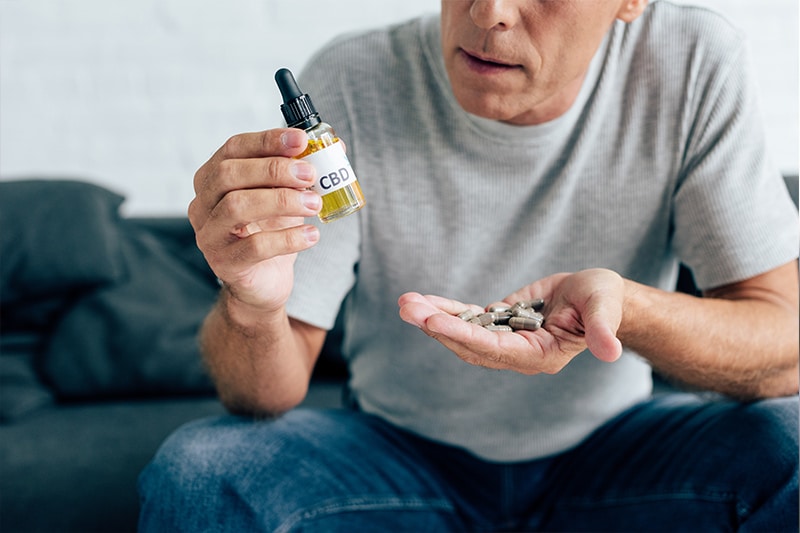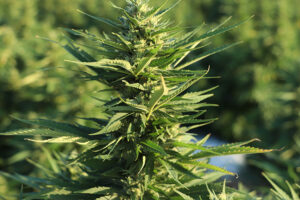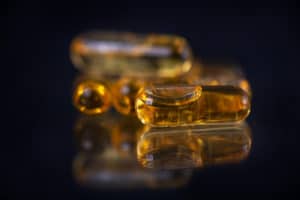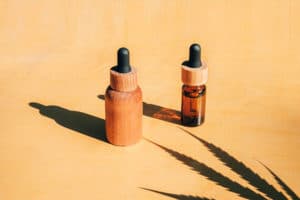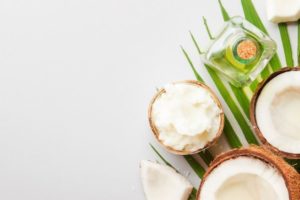It only takes a few minutes of online research to know that cannabidiol (CBD) is the miracle cannabis compound that is changing people’s lives. CBD has a long list of health benefits that include the alleviation of chronic pain, insomnia, seizures, and anxiety. To top it off, CBD is safe to use, non-psychoactive, and the side-effects are minimal.
Unfortunately, many people try CBD without seeing any results. Usually, these people feel a bit cheated, especially if they are using CBD as a last resort to address a health problem.
If you are asking “Why Doesn’t CBD Oil Work for Me?”, don’t despair, as several factors can play a role. This article looks at things you can do to derive the health benefits CBD has to offer.
Check Your Product Quality
If your CBD is not working for you, the quality of your product is the first thing you should consider. To date, the Food and Drug Administration hasn’t approved non-prescription CBD products. There is a high risk of ending up with a low-quality product that has a misleading label.
To ensure that you buy a high-quality product with an accurate label, stick to reputable brands and suppliers. Before buying from an online store or over-the-counter shop, check their websites and consumer platforms for reviews. Reading reviews is the best way to see how other buyers experienced a business’s customer service, delivery time, and product quality.
You should also try to find third-party lab test results on a product you are considering to see its CBD content and other ingredients.
Calculate the Correct Dosage
Another factor that can affect the efficiency of CBD oil is the dosage. The proper dosage depends on, among other things, the severity of the condition you want to treat, your weight, gender, age, and lifestyle. If you take CBD without seeing results, you may have to increase your dosage to the minimum recommended dose.
For example, if you are currently taking 5mg of CBD per day without effect, increase your dosage systematically. If you weigh between 130 and 230lbs, you can take up to 27mg of CBD without experiencing severe adverse side effects. If you weigh more or if you have a high tolerance to CBD, you can increase the dosage even more.
Consult with your doctor before ramping up your CBD intake to ensure that your dosage is appropriate.
Give it Time
A common complaint among first-time weed smokers is that they don’t get high. Some people have to smoke two or three times before they start to experience any form of euphoria.
The same goes for CBD. Like Tetrahydrocannabinol (THC), CBD is also a cannabinoid that interacts with the body’s endocannabinoid receptors, and this process can take time. You will not get high from CBD, but its effects work on the same mechanism.
If you don’t experience pain relief after taking CBD, keep at it. You may have to take CBD for as long as a few weeks or months before you will notice a difference.
Use a Different Consumption Method
CBD oil is available in many different forms, including edibles, sublingual tinctures, vape liquid, flower tobacco, capsules, and topical creams. These delivery systems present different ways to introduce CBD into your bloodstream, muscles, or skin, and you have to select the one that is appropriate for your condition.
For example, if you suffer from eczema, a topical ointment is a better option than CBD gummies. An edible CBD enters your bloodstream through your digestive tract, and its bioavailability may be insufficient to remedy a skin condition.
Likewise, rubbing a CBD ointment on your leg will not alleviate anxiety as effectively as, say, sublingual tinctures.
Consider a Cannabinoid Blend
CBD is one of more than a hundred cannabis compounds or cannabinoids. In some cases, CBD alone may not be sufficient to provide optimal relief, and you will need a product that contains additional cannabinoids.
THC is a cannabinoid that manufacturers often add to products to treat specific chronic ailments. The combined health benefits of THC and CBD may make the product more effective in addressing health concerns.
THC is a psychoactive compound, however, and may not be legal in your state. You should also ensure that you have a high-quality product with an accurate content label to prevent unwanted side-effects.
You May Have a Tolerance to CBD
If you use CBD excessively, you may develop a tolerance towards it and stop seeing results. You have to consume a lot of CBD for a long time for this factor to be a consideration, however. For example, if you consume 100mg of CBD or more per day for a year, you may notice a downturn in health benefits.
The best way to deal with CBD tolerance is to stop consumption for a week or two. When you start using CBD again, chances are it will be just as effective as it was before you developed the tolerance.
Unrealistic Expectations
After researching the benefits of CBD, it can be easy to form unrealistic expectations. People who have been living with crippling anxiety or chronic pain for years are typically anxious to find a remedy. Additionally, many sellers make outrageous claims when they market their products.
If you have unrealistic expectations, it is possible to disregard a reduction in pain or anxiety because you expected the CBD to completely eliminate these conditions. When you realize that CBD treatment takes time and commitment, however, you may find it easier to notice improvements in your health.
Why Doesn’t CBD Oil Work for Me? It’s Not For Everyone 🙁
The reality is that CBD doesn’t work for everyone, despite the mounting evidence of CBD’s health benefits. If you have tried high-quality CBD products for years without noticing any improvements in your pain- or anxiety levels, chances are your genetic makeup, biochemistry, or metabolism is limiting interaction between CBD and your endocannabinoid receptors.
The percentage of people who are not susceptible to the health benefits of CBD is small, however. Spend some time to research the best product, delivery method, and dosage for your needs.
FAQs About Why CBD Oil Is Not Working
Question: Why Doesn’t CBD Oil Work for Me?
Answer: There are several factors to consider why CBD is not working for you. Chances are your genetic makeup, biochemistry, or metabolism is limiting interaction between CBD and your endocannabinoid receptors.
Question: What to do if CBD oil is not working?
Answer: If your CBD is not working for you, the quality of your product is the first thing you should consider. To date, the Food and Drug Administration hasn’t approved non-prescription CBD products. There is a high risk of ending up with a low-quality product that has a misleading label.
Question: What if a good quality CBD oil is not working?
Answer: Give it time. CBD is also a cannabinoid that interacts with the body’s endocannabinoid receptors, and this process can take time. You will not get high from CBD, but its effects work on the same mechanism.
Question: Can excessive use of CBD oil reduce its effects?
Answer: If you use CBD excessively, you may develop a tolerance towards it and stop seeing results. You have to consume a lot of CBD for a long time for this factor to be a consideration, however. For example, if you consume 100mg of CBD or more per day for a year, you may notice a downturn in health benefits.
Question: What if a good quality CBD oil used for a long time is still not working?
Answer: CBD doesn’t work for everyone, despite the mounting evidence of CBD’s health benefits. If you have tried high-quality CBD products for years without noticing any improvements, chances are your metabolism other factors are limiting interaction between CBD and your endocannabinoid receptors.
Question: Can you change the consumption method of CBD oil?
Answer: If you suffer from eczema, a topical ointment is a better option than CBD gummies. An edible CBD enters your bloodstream through your digestive tract, and its bioavailability may be insufficient to remedy a skin condition. Likewise, rubbing a CBD ointment on your leg will not alleviate anxiety as effectively as, say, sublingual tinctures.
